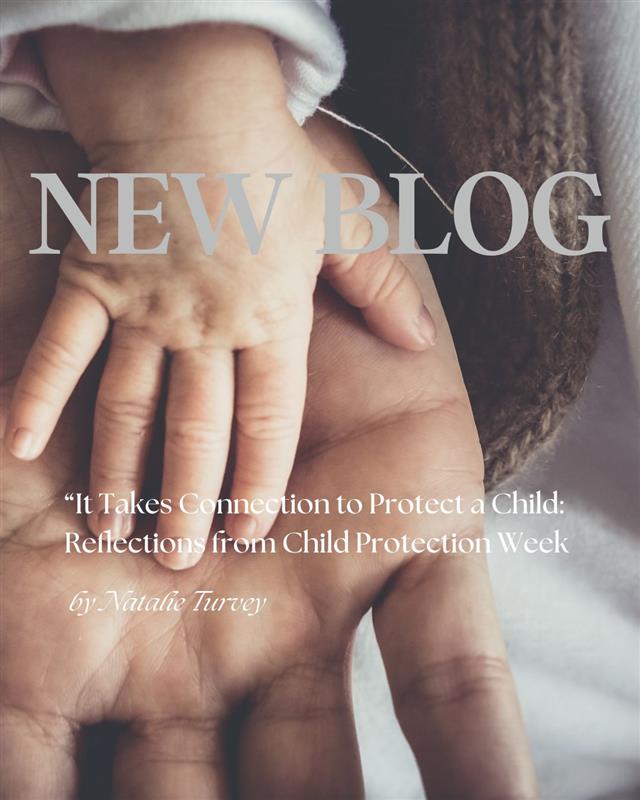Understanding Perinatal and Infant Mental Health
Many of us have heard the term "perinatal," but what does it actually mean, and how does it impact our well-being and mental health? The perinatal period includes the antenatal, pregnancy, and postnatal stages, up to 48 months after childbirth.
The journey of pregnancy and early parenthood is a whirlwind of emotions. It’s a time of immense joy and love, but it can also be incredibly overwhelming and confusing. For many new and expecting parents, these feelings can turn into anxiety, depression, and other mental health concerns.
The Psychological Transition to Parenthood
Becoming a mother or father is a process that requires a psychological reorganisation of one’s identity, relationships, and place in the world, which is different and unique for every individual. One becomes a parent when they feel and believe they are, and this psychological process can be difficult and sometimes takes time.
Planning (pre-conception/conception), pregnancy, birth, postpartum, and parenting are all part of the psychological process of developing a parenthood mindset. This can impact the future experience and development of the new parenting identity.
Everyone's experience of pregnancy is different. Just as there are physical changes, there are also common emotional changes in the antenatal period. These might include feelings of grief, sadness, or loss, as well as changes in intimate and family relationships or an evolving sense of who you are and what’s important to you. The psychological process of parenthood can significantly impact mental health.
The Importance of Perinatal Mental Health and Well-being
Perinatal mental health focuses on the emotional and psychological aspects of a parent’s experiences before, during, and shortly after childbirth. This period can bring about a range of conflicting and confusing emotions. Becoming a parent can be both joyful and overwhelming.
Common difficulties experienced during the perinatal and early parenthood period include:
- Feeling alone and isolated
- Feeling unwell or uncomfortable during pregnancy
- Doubts about parenting confidence
- Changes in relationships with partners, family, colleagues, and friends
- Financial stress
- Traumatic birth experiences
- Previous mental health challenges
- First-time experiences with mental health challenges
- Experiences of loss and grief (e.g., miscarriage, stillbirth, neonatal death)
- Infertility issues and fertility treatments
It's very normal for parents to require additional support during the perinatal period, arguably one of the most vulnerable times of life.
Seeking Support: A Sign of Strength
You don’t have to go it alone. Support and expert guidance are available. Whether you are facing infertility, perinatal loss, antenatal depression, postnatal depression, antenatal or postnatal anxiety, or difficulties bonding with your baby, we will support you through it.
Perinatal mental health can have a significant impact on both parents and babies. When left untreated, overwhelming symptoms can make it difficult to bond with your child, cope with daily tasks, and manage the stresses of parenthood.
There is a network of psychologists dedicated to supporting mothers, fathers, infants, couples, and families during the perinatal period, covering planning, pregnancy, postpartum, and parenting. They help with psychological adjustment during these stages.
Taking Action: Steps to Support Your Mental Health
If you are experiencing changes that are affecting your daily function and mental or emotional well-being during pregnancy, the most important step is to reach out for help. Here are some ideas to get you started:
- Be Kind to Yourself: Remember, you’re not alone. Perinatal mental health challenges are common, and seeking help is a sign of strength, not weakness.
- Talk with Friends or Family: Consider discussing how you feel with someone you trust, like a friend or family member. Sharing your experiences can be incredibly helpful, and you might be surprised at how many others have had similar struggles. Their support can be a powerful resource.
- Consult Your Doctor or Mental Health Clinician: They are a crucial point of contact. Your doctor or mental health clinician can offer compassionate support, screen you for perinatal mental health conditions, and develop a personalised care plan. This may include ongoing monitoring, referrals to specialists (therapists, counsellors, psychiatrists), and connection to resources.
Final Thoughts
Perinatal mental health is essential for the well-being of both parents and babies. Seeking help is not a sign of weakness; it’s a sign of strength and a commitment to your own well-being and the well-being of your child. Remember, you are absolutely not alone.








